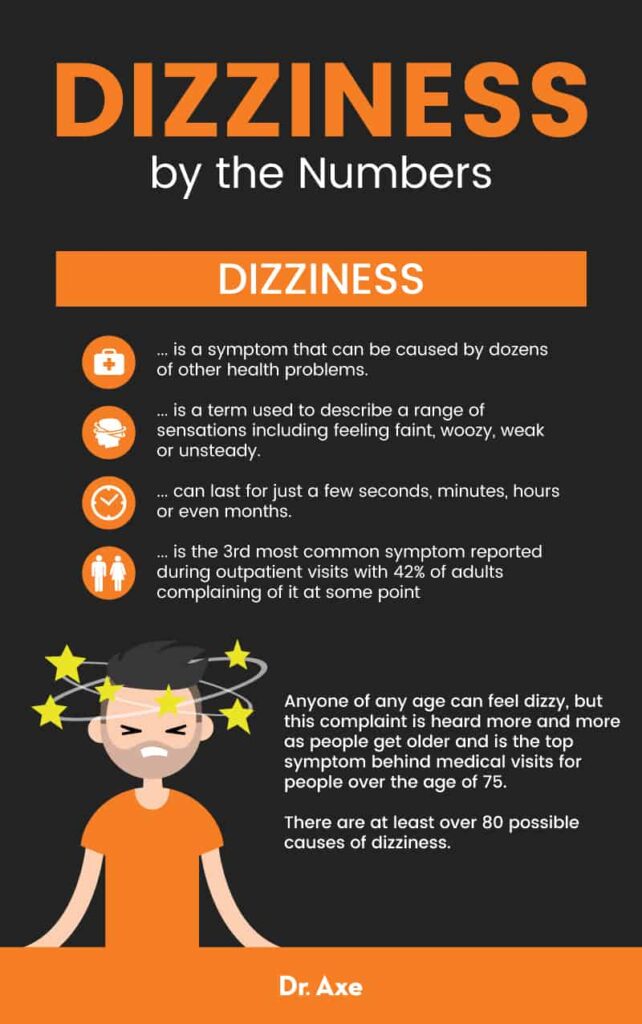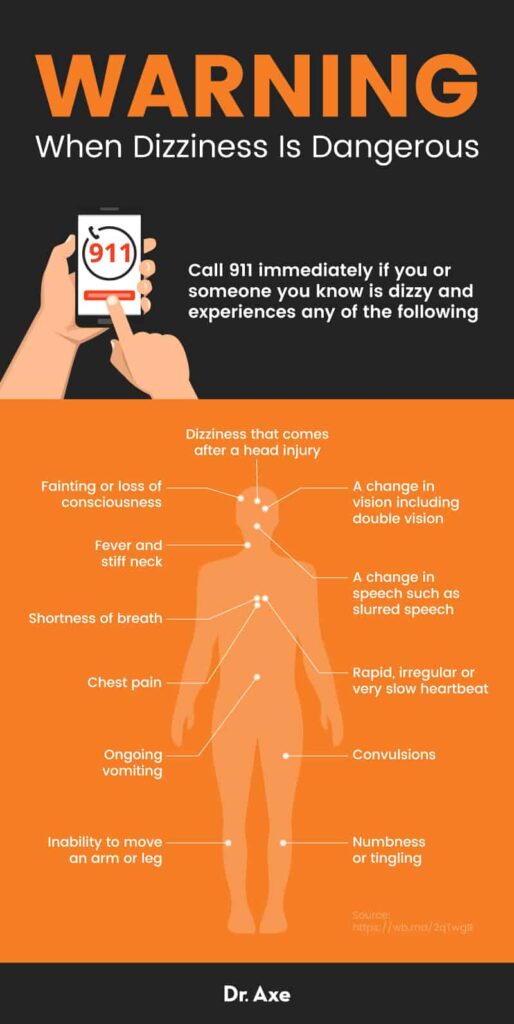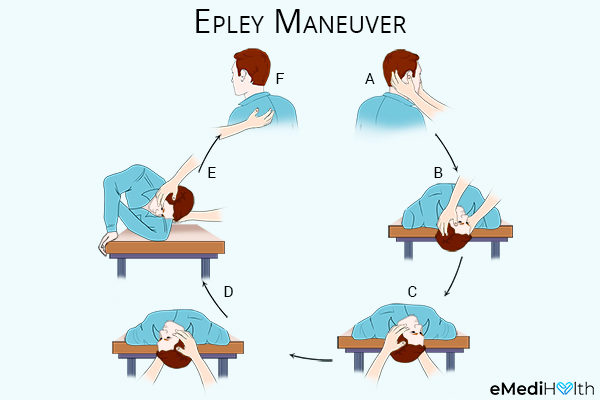Feeling lightheaded or dizzy can be a disorienting and uncomfortable experience, but fear not, because help is here! In this article, we will share some effective tips and remedies to manage lightheadedness. Whether it’s a fleeting sensation or a persistent problem, these friendly suggestions will provide you with practical solutions to regain your balance and well-being. So, let’s embark on this journey and discover the secrets to combating dizziness and lightheadedness together!
Manage Lightheadedness: Effective Tips and Remedies

Understanding Lightheadedness
Lightheadedness, also known as dizziness, is a common sensation of feeling faint or weak. It is often accompanied by a feeling of disorientation or unsteadiness. Lightheadedness can be a temporary condition that passes quickly, or it can persist for an extended period, affecting your daily activities and overall well-being.
Causes of Lightheadedness
Lightheadedness can be caused by a variety of factors. Some common causes include dehydration, low blood sugar, low blood pressure, anxiety or stress, medication side effects, inner ear problems, or even inadequate blood circulation to the brain. Identifying the underlying cause of lightheadedness is crucial in order to effectively manage and alleviate the symptoms.

Symptoms of Lightheadedness
The symptoms of lightheadedness may vary from person to person. Common symptoms include feeling faint, dizzy, or unsteady on your feet. Some people may experience blurred vision, nausea, rapid heartbeat, or even fainting spells. It is important to pay attention to these symptoms and seek appropriate remedies to prevent any further complications.
Diagnosing Lightheadedness
If you frequently experience lightheadedness, it is advisable to consult a healthcare professional. They will conduct a thorough medical evaluation and perform relevant tests to determine the cause of your lightheadedness. These tests may include blood pressure measurement, blood tests, electrocardiogram (ECG), or even referral to a specialist, such as an audiologist or cardiologist, depending on the suspected cause.

Preventing Lightheadedness
While it may not always be possible to prevent lightheadedness, there are several strategies you can incorporate into your daily routine to reduce the likelihood of experiencing these episodes. Staying hydrated by drinking an adequate amount of water throughout the day is crucial. Additionally, maintaining a balanced diet, managing stress levels, and avoiding sudden changes in body position (such as standing up too quickly) can help prevent lightheadedness.
Home Remedies for Lightheadedness
When lightheadedness strikes, there are several simple home remedies that can provide relief. First and foremost, find a safe and comfortable place to sit or lie down to avoid any injuries in case of fainting. Applying a cold compress or ice pack to the back of your neck can help alleviate symptoms. Deep breathing exercises, such as inhaling slowly through your nose and exhaling through your mouth, can also restore normal breathing patterns and reduce dizziness.

Dietary Tips to Manage Lightheadedness
Making certain dietary adjustments can be incredibly helpful in managing lightheadedness. Consuming foods rich in potassium, such as bananas, spinach, and avocados, can regulate blood pressure and prevent dizziness. It is also advisable to eat smaller, more frequent meals throughout the day to maintain consistent blood sugar levels. Avoiding foods and drinks high in caffeine or alcohol can also contribute to better overall balance and reduce the chances of experiencing lightheadedness.
Lifestyle Changes to Reduce Lightheadedness
In addition to dietary changes, adopting certain lifestyle modifications can significantly reduce the frequency and severity of lightheadedness. Regular exercise not only improves blood circulation but also helps manage stress levels, improving overall well-being. Practicing relaxation techniques like yoga or meditation can also be beneficial. It is important to ensure you are getting enough sleep and taking breaks throughout the day to avoid physical and mental exhaustion.

Medical Treatments for Lightheadedness
If home remedies and lifestyle changes do not effectively alleviate lightheadedness, medical treatments may be required. Treatment options vary depending on the underlying cause of the lightheadedness. For example, if the cause is related to inner ear problems, a healthcare professional may recommend vestibular rehabilitation therapy. In cases where medication side effects are the main culprit, adjusting the dosage or switching to an alternative medication may be necessary. It is important to follow the advice and guidance of your healthcare provider for tailored medical treatments.
When to Seek Medical Help for Lightheadedness
While occasional lightheadedness is generally not a cause for concern, there are certain situations where seeking medical help is crucial. If you experience frequent or severe episodes of lightheadedness that interfere with your daily life, it is important to consult a healthcare professional. Additionally, if lightheadedness is accompanied by chest pain, difficulty breathing, severe headache, or sudden loss of consciousness, immediate medical attention should be sought to rule out any serious underlying conditions.
In conclusion, lightheadedness can be a bothersome and disruptive condition, but it can often be managed effectively with the right strategies and remedies. By understanding the causes, recognizing the symptoms, and implementing preventive measures, you can minimize the impact that lightheadedness has on your life. Remember to consult a healthcare professional to determine the underlying cause and seek appropriate medical treatments if needed. Take care of yourself and prioritize your well-being to maintain a balanced and lightheadedness-free life.